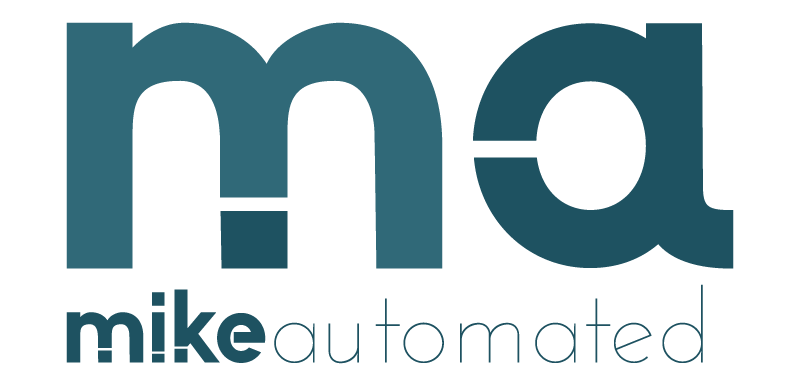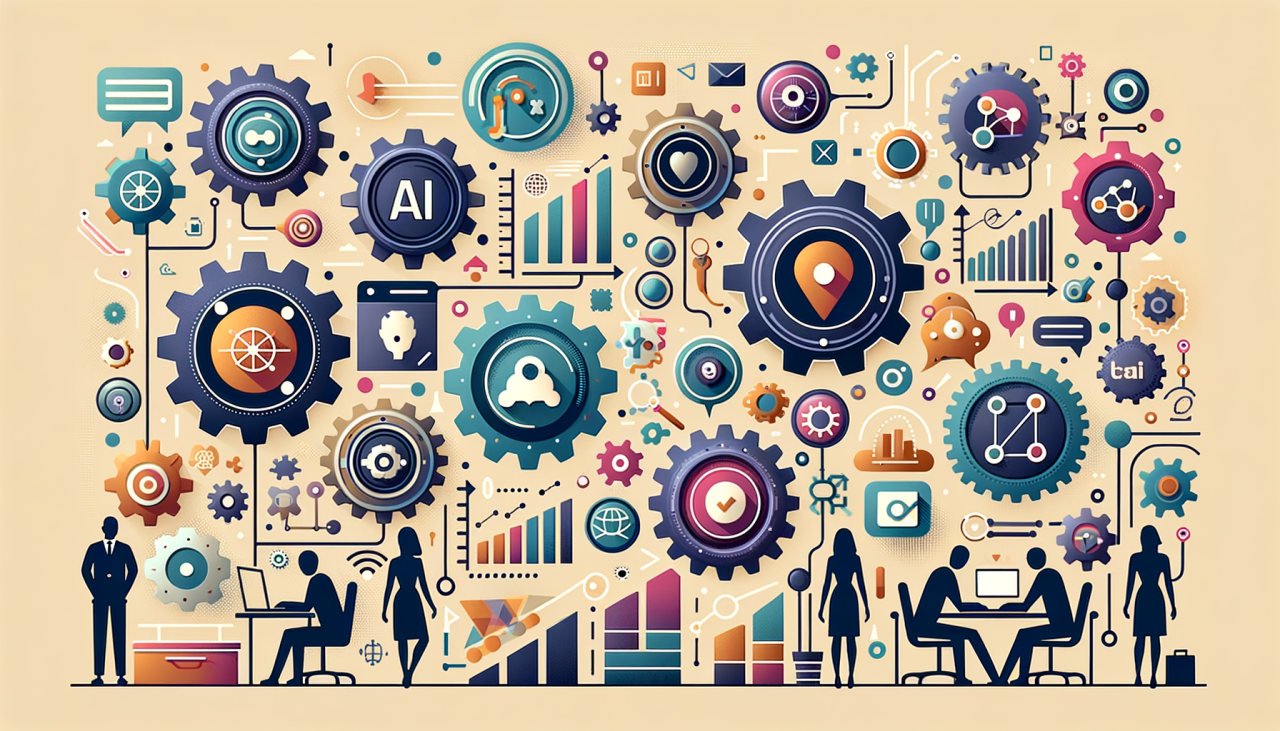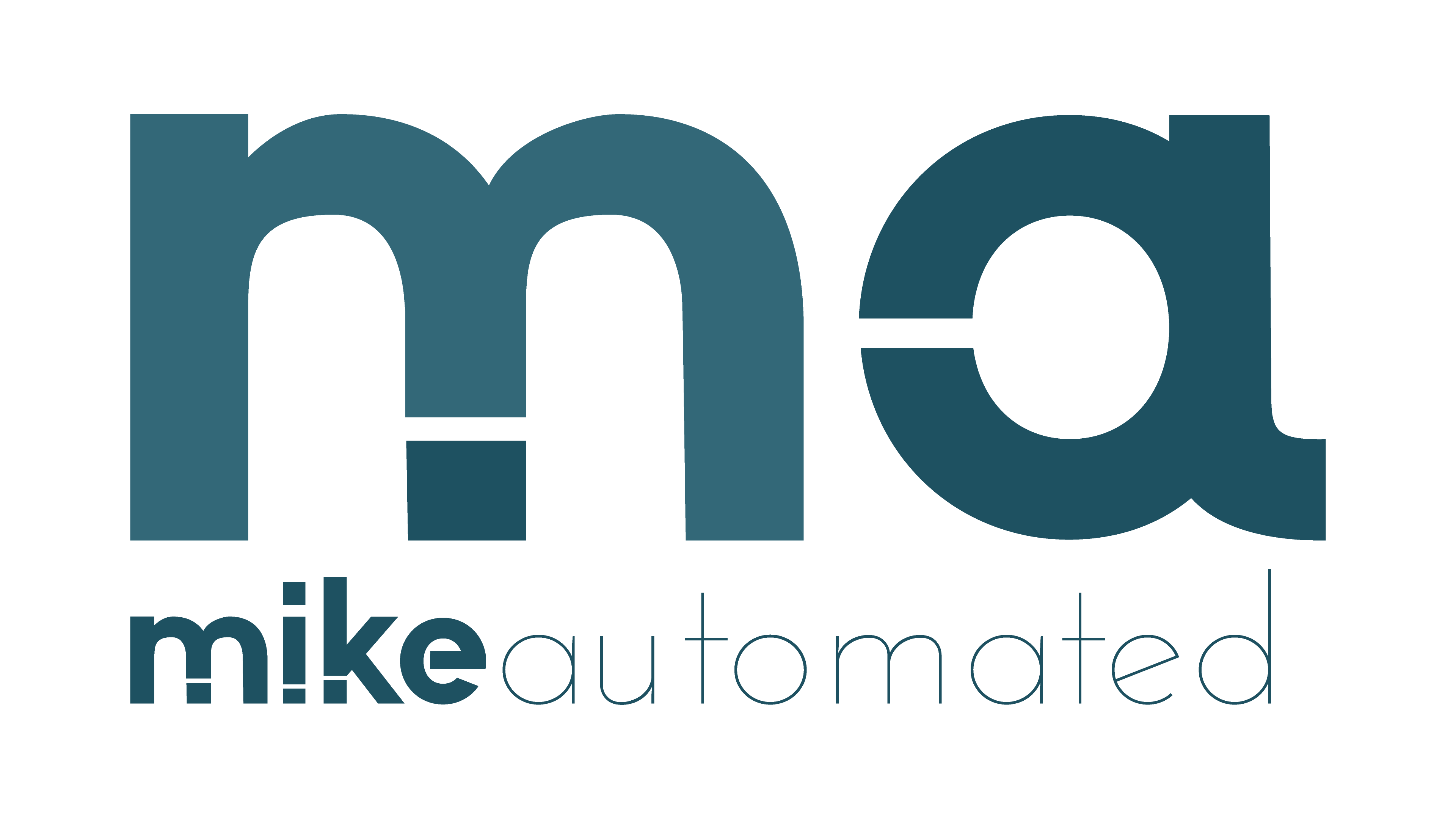TL;DR:
- AI-driven marketing automation optimizes campaign efficiency and ROI.
- It enables precise customer targeting through predictive analytics.
- Automated tools streamline repetitive tasks like email marketing and social media scheduling.
- Data personalization creates more engaging and relevant user experiences.
- Businesses can use AI to improve lead nurturing and customer retention strategies.
What is AI-Powered Marketing Automation?
AI-powered marketing automation uses artificial intelligence to manage and optimize marketing processes and campaigns. Unlike traditional automation, which executes predefined rules, AI learns from data patterns and adapts, making it smarter over time. It encompasses tools and features like predictive analytics, machine learning algorithms, and natural language processing (NLP). These technologies help businesses analyze customer data, predict behavior, and create personalized experiences that align with individual interests.Core Benefits of AI Marketing Automation
- Efficiency: Streamlines repetitive tasks such as email scheduling, social media posting, and lead tracking.
- Personalization: Offers tailored content that resonates with audience preferences and behaviors.
- Scalability: Supports growth by handling increasing data volumes and customer segments effortlessly.
- Actionable Insights: Provides deeper insights into customer behavior, enabling data-driven decision-making.
How AI Enhances Campaign Efficiency
A successful campaign requires planning, execution, and analysis. AI assists at every stage, minimizing manual intervention while maximizing output. Here’s how:1. Automating Repetitive Marketing Tasks
Repetitive tasks drain valuable time and resources. AI eliminates this inefficiency by automating:- Email Marketing: AI tools like Mailchimp and HubSpot can personalize subject lines, optimize sending times, and segment recipients automatically.
- Social Media Management: Platforms such as Hootsuite rely on AI to schedule posts and recommend optimal posting times based on audience activity.
- Lead Scoring: AI ranks leads based on engagement levels, helping sales teams focus their efforts effectively.
2. Leveraging Predictive Analytics
Predictive analytics enables businesses to forecast customer behavior, allowing for proactive decision-making. For instance:- By analyzing purchase history, AI identifies cross-selling or upselling opportunities.
- It predicts customer churn, enabling brands to retain clients through targeted offers or outreach.
- AI tools like Salesforce Einstein anticipate future trends, helping marketers stay ahead of the curve.
3. Dynamic Content Personalization
Personalization drives engagement. AI translates data insights into actionable strategies to deliver relevant content:- Product Recommendations: E-commerce giants like Amazon leverage AI to offer personalized recommendations based on browsing history.
- Adaptive Messaging: Dynamic email content adjusts in real time, ensuring messages remain relevant as circumstances change.
Examples and Use Cases
AI marketing automation isn’t just for tech giants. Businesses of all sizes can harness its capabilities:1. Small Businesses
Tools like Mailchimp ensure startups can launch segmented email campaigns with minimal effort, delivering maximum ROI.2. Mid-Sized Businesses
Tools such as Marketo or ActiveCampaign integrate advanced analytics and CRM capabilities, making omnichannel marketing seamless.3. Enterprises
AI platforms like Adobe Sensei enable enterprises to manage complex campaigns while maintaining brand consistency across entire customer lifecycles.How to Get Started with AI Automation
Ready to leverage AI? Here’s a simple roadmap:- Define Your Objectives: Pinpoint areas where automation can provide the most significant impact.
- Choose the Right Tools: Select platforms that align with your business size, industry, and goals.
- Analyze Your Data: Ensure you have clean, organized data for AI to process effectively.
- Start Small: Begin with a single task or campaign to prove the concept.
- Measure and Optimize: Use analytics to measure results continuously and tweak your strategy for maximum effectiveness.
What Lies Ahead for AI in Marketing?
The future of AI-powered marketing automation looks promising. As AI capabilities evolve, businesses can anticipate:- Hyper-Personalized Experiences: Advanced AI will craft even more refined and specific customer journeys.
- Predictive ROI Models: AI might forecast campaign ROI before launching, ensuring better investment decisions.
- Voice and Visual Automation: Platforms will incorporate voice commands and enhanced visual tools for greater usability.



